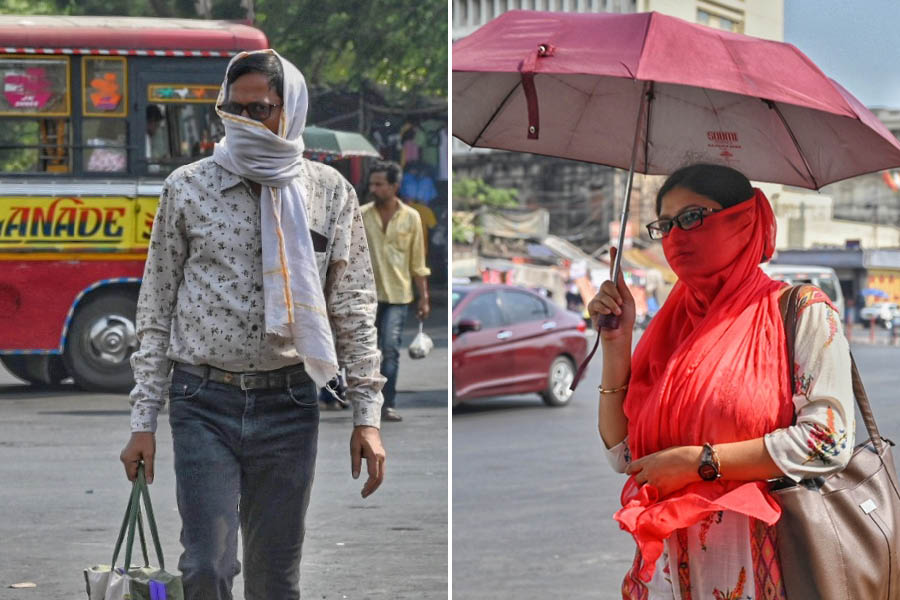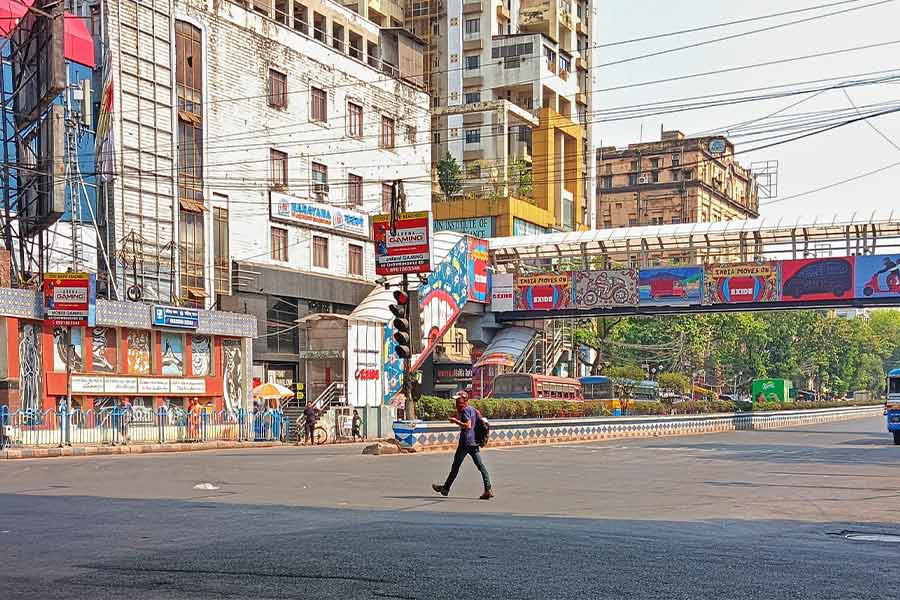Can artificial intelligence and robots replace a clinician?
Sherlock Holmes is a name synonymous with extraordinary observational skills, impeccable reasoning and a fantastic power of deduction.
However, what many may not realise is that this iconic character draws its inspiration from a real-life figure — Dr Joseph Bell, a Scottish doctor renowned for his keen observational abilities.
In his clinic, Dr Bell had a remarkable knack for discerning a stranger's occupation and recent activities through the art of observation alone. Such physicians with exceptional deductive capabilities are indeed a rare breed.
During our journey to become physicians in the real world, we have all encountered clinicians possessing these exceptional qualities. They possess astute observational skills, perform surgical feats with precision, excel in interpreting medical images, boast an extraordinary memory, and demonstrate a captivating ability to recognise intricate patterns.
These individuals were regarded as titans in their respective fields, earning not only the admiration of their patients but also the reverence of their junior colleagues and students.
Can AI achieve this? Can robots replace these astute clinicians? We now possess remarkable robots capable of performing surgeries with exceptional precision, even remotely for patients situated miles away. We have software applications that can interpret medical scans and offer expert opinions. Imaging software can analyse a brain CT/MRI scan or an ECG and provide insights on whether a patient has experienced a stroke, achieving astounding accuracy.
These systems can efficiently manage vast volumes of data, instantly retrieving information based on specific keywords, or, to be politically correct, the touch of a key. Data analytics has ushered in a revolution across all scientific disciplines, and medicine is no exception.
Computers can compute your risk for conditions like heart attacks or strokes, predict potential outcomes, and offer advice to prevent such occurrences.
Consequently, we have the foundation for a system that is robust, versatile, convenient and reliable. What's even more intriguing is that these technologies are already integrated into many of our hospitals and healthcare infrastructures.
Amidst doctors like Dr Joseph Bell, there are also individuals like Dr Bidhan Chandra Roy who leave an indelible mark.
One anecdote that remains etched in my memory involves his association with Mahatma Gandhi. In 1933, during Gandhi's fast at Parnakutivin, Pune, he refused medicines, citing his commitment to Swadeshi principles. Dr Roy was his personal physician then. Gandhi, in a light-hearted moment, asked him: "Why should I take your treatment? Do you treat all my countrymen for free?"
Dr. Roy responded: “No, I could not treat all patients for free. But I came not to treat Mohandas Gandhi, but to treat ‘him’ who represents 400 million people of my country." Gandhi eventually accepted and took his prescribed medicine.
While the story may not appear particularly extraordinary, it's crucial to remember that Mahatma Gandhi was a man of unwavering conviction, not easily swayed from his decisions.
Dr Roy could have chosen the path of simply prescribing the medicine and leaving it at that. However, he chose a different course of action. He approached Gandhi with the patience and care one might use with a stubborn child, reminding him of his profound significance to the people around him. In doing so, he succeeded in persuading Gandhi to take medicines.
These qualities exemplify what it means to be a doctor. Sympathy, empathy, a touch of humour, compassion, the ability to console, and above all, a profound sense of humanity — these are the attributes that define a doctor.
The world of healthcare is replete with shocking moments of reality, miracles that defy imagination, the heartbreaking loss of cherished individuals, bouts of anger, profound grief and even periods of emotional turmoil.
During these challenging times, we rely on the presence of a compassionate human doctor who can extend a comforting hand and sometimes offer a shoulder to lean on during moments of tears and solace.
While robots and artificial intelligence can replace an astute physician like Dr Bell, it can never replace a compassionate human being like Dr Roy.
Dr Kaushik Sundar is the clinical lead for comprehensive stroke care at RTIICS, Calcutta






